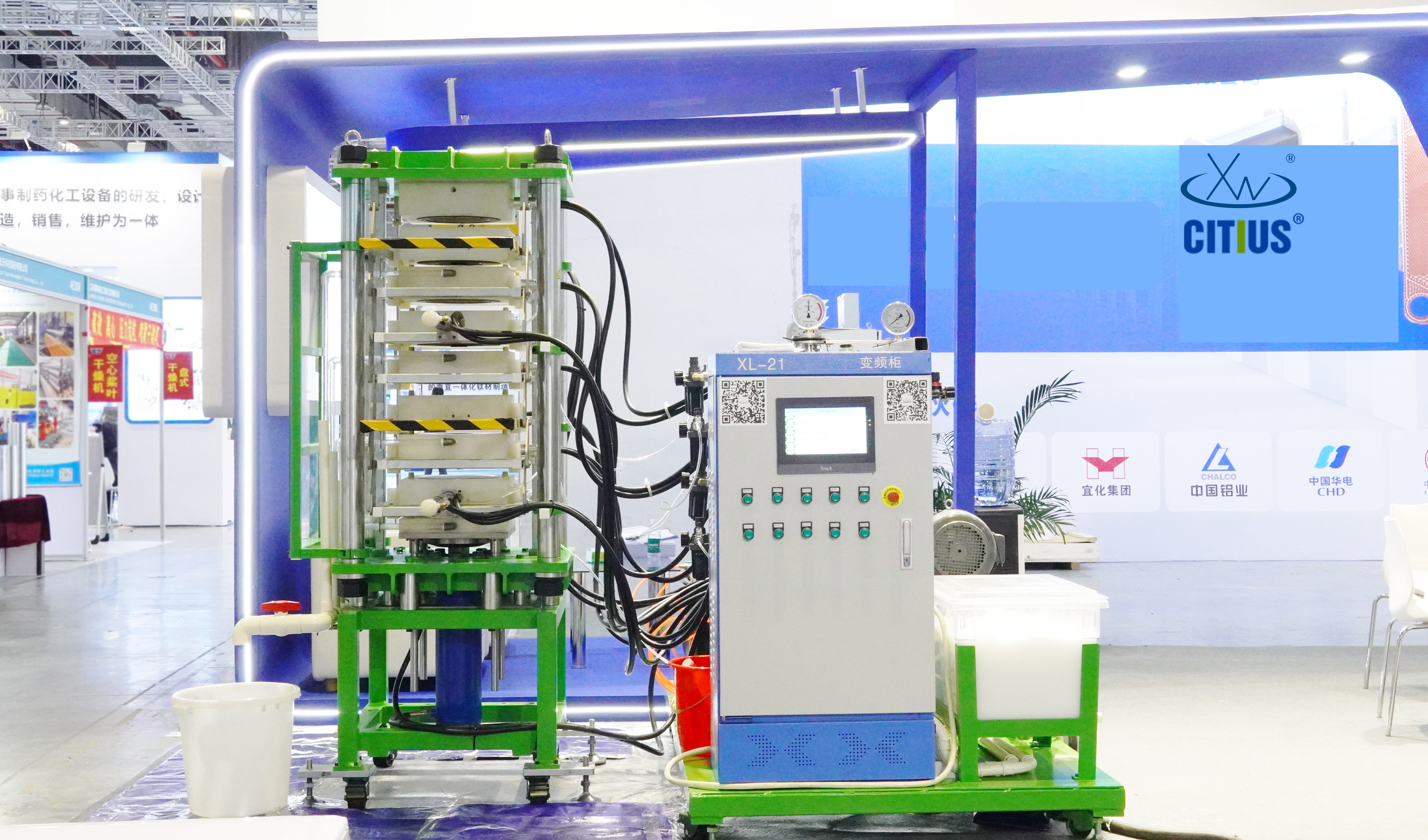Navigating the World of Nano Filter Equipment: Common Questions Answered
Release time:
2025-06-22
What is Nano Filter Equipment?
Nano filter equipment, often touted as the next big thing in filtration technology, is designed to remove contaminants at the nanoscale. This means it can filter out particles as tiny as 1 nanometer—impressive, right? By leveraging advanced membrane technology, these filters can effectively purify water, air, and even industrial fluids, making them essential in various sectors.
How Does It Work?
So, how does this high-tech gear actually function? Well, it all boils down to a combination of pressure and size. The equipment operates by pushing fluids through a semi-permeable membrane that allows only certain molecules to pass through. This selective process ensures that harmful substances like bacteria, viruses, and heavy metals are effectively trapped—leaving you with clean, safe resources.
Why Use Nano Filter Equipment?
Many folks wonder why they should invest in nano filter equipment instead of traditional filters. The answer is simple: efficiency and effectiveness. Nano filters tend to have a higher removal rate for smaller particles, which means cleaner outputs. Plus, they often require less energy to operate, making them a more sustainable choice. Talk about a win-win!
Common Questions
- 1. Can Nano Filters Remove Everything? While nano filter equipment is incredibly effective, they aren’t a magic bullet. Certain chemicals and gases may still pass through, so it's essential to understand their limitations.
- 2. How Often Should I Replace the Filter? This varies based on usage. But as a rule of thumb, keep an eye on flow rates and consider a replacement every 6 to 12 months.
- 3. Is Installation Complicated? Not at all! Most nano filter systems come with a straightforward DIY guide, or you can opt for professional installation. Either way, you’re golden!
- 4. What’s the Cost? Prices can vary widely, but investing in quality nano filter equipment pays off in the long run through lower maintenance costs and enhanced durability.
Applications
From residential use to industrial applications, nano filter equipment is versatile. Here are a few common uses:
- Water Purification: Ensuring safe drinking water is a priority for many households.
- Aquaculture: Maintaining clean water in fish farming.
- Pharmaceuticals: Critical in producing sterile solutions.
- Food and Beverage: Essential for processing and packaging.
Conclusion
In a nutshell, nano filter equipment is revolutionizing the way we think about filtration. With its advanced capabilities, it addresses many common concerns about water and air quality. If you’re considering making the switch, do your homework, ask questions, and find what fits your needs best. Your health and environment will thank you!
Previous article:

